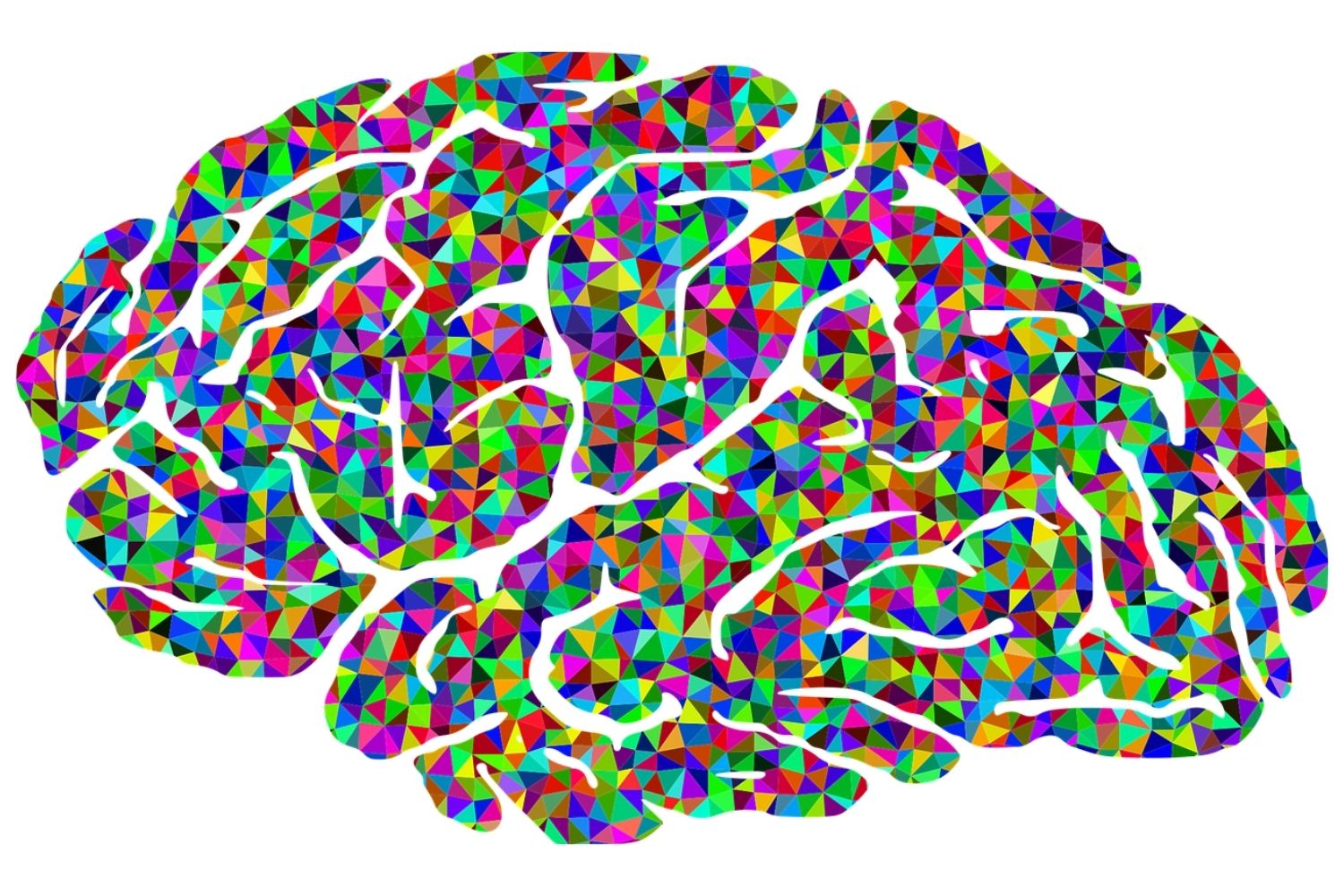
Neuroethics is a field that merges neuroscience with ethical questions about the brain and behavior. Why is neuroethics important? It helps us navigate the moral implications of brain research and its applications. Imagine a world where brain implants can enhance memory or control emotions. Sounds like science fiction, right? But these advancements are closer than you think. Neuroethics addresses questions like: Should we enhance our brains? Who gets access to these technologies? What about privacy concerns with brain data? Understanding these issues is crucial as we move forward. Let's dive into 26 fascinating facts about neuroethics that will make you think twice about the future of brain science.
What is Neuroethics?
Neuroethics is a field at the intersection of neuroscience, ethics, and philosophy. It explores the implications of brain research and technologies on human behavior, society, and morality.
- Neuroethics emerged in the early 2000s as a distinct field of study.
- It addresses ethical questions raised by advances in brain imaging and neurotechnology.
- The term "neuroethics" was popularized by a 2002 conference at Stanford University.
Ethical Dilemmas in Brain Research
Brain research can lead to groundbreaking discoveries, but it also brings ethical challenges. These dilemmas often revolve around privacy, consent, and the potential misuse of technology.
- Brain imaging can reveal personal thoughts and memories, raising privacy concerns.
- Informed consent is crucial for participants in neuroimaging studies.
- There is a risk of neurotechnology being used for mind control or surveillance.
The Impact of Neurotechnology on Society
Neurotechnology has the potential to transform society in various ways, from healthcare to education. However, these changes come with ethical considerations.
- Neurotechnology can help treat mental health disorders like depression and anxiety.
- Brain-computer interfaces (BCIs) enable direct communication between the brain and external devices.
- BCIs could enhance learning and memory, but also create inequalities in education.
Neuroethics and Mental Health
Mental health is a significant area of focus in neuroethics. The ethical treatment of mental health conditions and the use of neurotechnology in therapy are key concerns.
- Neuroethics examines the stigma associated with mental health disorders.
- Ethical guidelines are needed for the use of neurostimulation therapies like transcranial magnetic stimulation (TMS).
- There is debate over the use of cognitive enhancers or "smart drugs" for mental health.
The Role of Neuroethics in Law and Policy
Neuroethics plays a crucial role in shaping laws and policies related to brain research and neurotechnology. It ensures that ethical considerations are integrated into legal frameworks.
- Neuroethics influences policies on the use of neuroimaging in criminal investigations.
- It helps develop regulations for the commercialization of neurotechnology.
- Neuroethics contributes to international guidelines on brain research ethics.
Neuroethics and Artificial Intelligence
The integration of artificial intelligence (AI) with neurotechnology raises new ethical questions. Neuroethics explores the implications of AI on human cognition and behavior.
- AI can enhance neuroimaging analysis, but raises concerns about data privacy.
- Ethical guidelines are needed for AI-driven brain-computer interfaces.
- There is debate over the use of AI in diagnosing and treating mental health conditions.
The Future of Neuroethics
As neuroscience and neurotechnology continue to evolve, neuroethics will play an increasingly important role in addressing new ethical challenges.
- Future neuroethics will need to address the ethical implications of brain enhancement technologies.
- The field will explore the impact of neurotechnology on human identity and agency.
- Neuroethics will examine the ethical considerations of brain-to-brain communication technologies.
Neuroethics in Education
Educating the public and future researchers about neuroethics is essential for responsible brain research and technology development.
- Neuroethics courses are being integrated into neuroscience and medical curricula.
- Public awareness campaigns aim to educate people about the ethical implications of neurotechnology.
- Neuroethics research is published in academic journals and presented at conferences.
Neuroethics and Cultural Perspectives
Different cultures may have varying views on the ethical implications of brain research and neurotechnology. Neuroethics considers these diverse perspectives.
- Cultural beliefs can influence attitudes towards neurotechnology and brain research.
- Neuroethics promotes cross-cultural dialogue to address global ethical challenges in neuroscience.
The Final Word on Neuroethics
Neuroethics is a fascinating field blending neuroscience and ethics. It tackles questions about brain privacy, cognitive enhancement, and the moral implications of brain research. From understanding how brain injuries affect behavior to debating the ethics of mind-reading technologies, neuroethics is crucial in our tech-driven world. It ensures that advancements in neuroscience respect human rights and dignity. As brain science progresses, neuroethics will continue to guide us through complex moral landscapes, ensuring that our pursuit of knowledge doesn't compromise our values. So, next time you hear about a breakthrough in brain research, remember the ethical questions that come with it. Neuroethics isn't just for scientists; it's for anyone interested in the future of human thought and behavior. Stay curious, stay informed, and keep questioning.
Was this page helpful?
Our commitment to delivering trustworthy and engaging content is at the heart of what we do. Each fact on our site is contributed by real users like you, bringing a wealth of diverse insights and information. To ensure the highest standards of accuracy and reliability, our dedicated editors meticulously review each submission. This process guarantees that the facts we share are not only fascinating but also credible. Trust in our commitment to quality and authenticity as you explore and learn with us.
